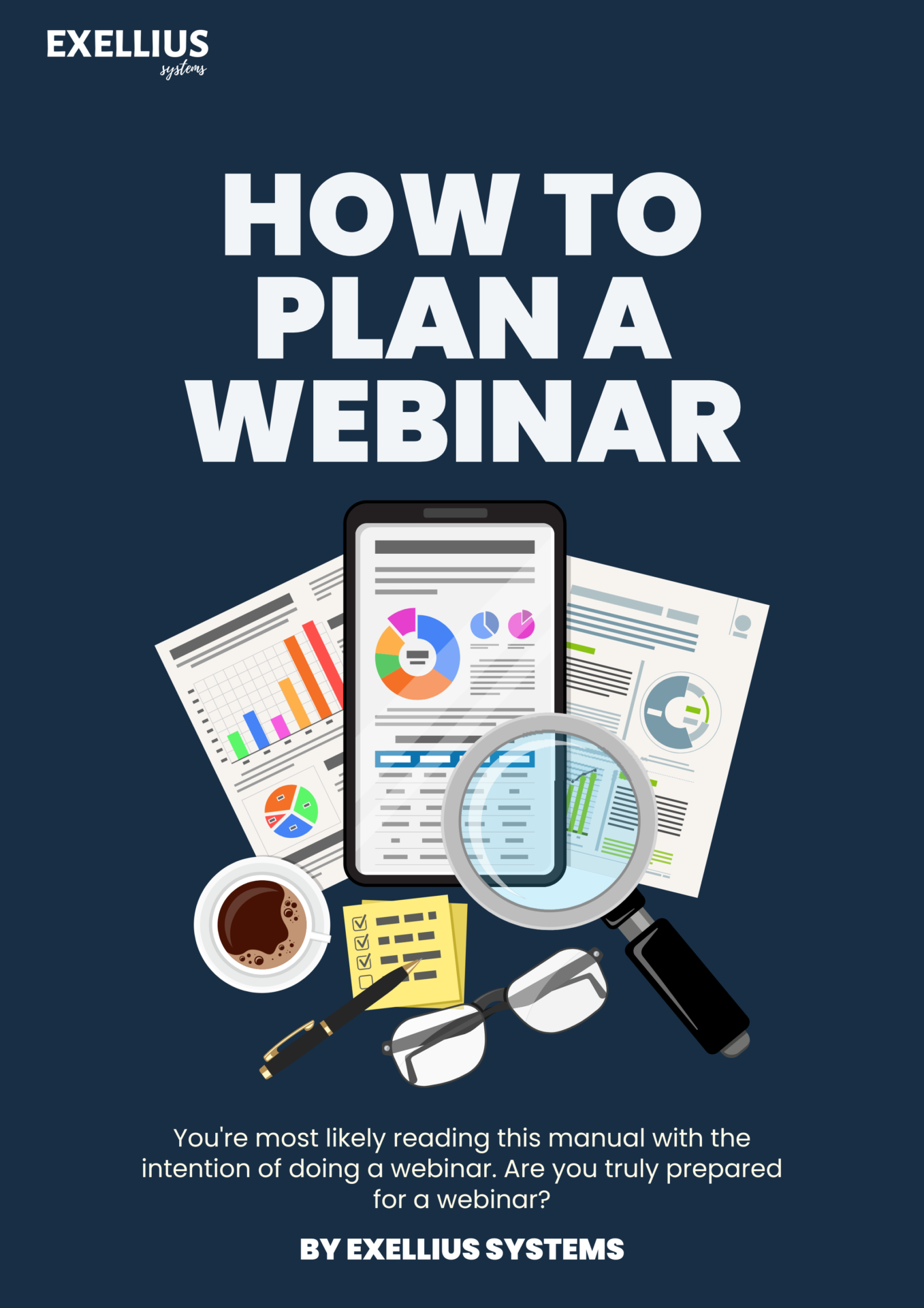
For as long as there have been customers for mobile phones, Vodafone has been powering the networks and services that bring them together. It introduced the cellular network to support the UK’s first mobile phone call in 1985, built Africa’s largest mobile fintech platform to connect 54 million users, and launched Europe’s largest 5G network to power a new era of digital services. A leader in technology communications, Vodafone Group Plc digitally connects more than 350 million customers with voice and data services for mobile, fixed line, the Internet of Things (IoT), and television throughout Europe and Africa. Vodafone lives its purpose to connect technology and humanity for a better future. Its motto: “Together we can.” This vision drives Vodafone’s global transformation into a next-generation connectivity and digital services provider that delivers sustainable growth. As innovation is fundamental to its business strategy, Vodafone is investing in cloud HR to transform its culture and elevate the employee experience as it reinvents the workplace to “build the human spirit of technology.” “We relied on SAP SuccessFactors,” says Marc Starfield, group head of HR Systems and Programs, Vodafone Group, who is leading the project to provide value-driven HR capabilities throughout the organization. “We’ve implemented all the HR processes and functions on one global environment supporting around 100,000 employees in 24 key markets.” By putting employee experience at the heart of digital transformation, Vodafone ensures that HR is integrated in strategic decision-making that impacts the entire organization. “This for me speaks to ensuring that any HR intervention, or all HR interventions, should directly contribute to new organizational outcomes,” says Starfield, who has an established track record for success in managing HR transformations at leading global organizations. “[It] also speaks to how we think about people. Every person in our organization needs to believe and feel that they are part of a growth environment where everybody has opportunity to thrive.” Building a High-Performance Learning Culture Vodafone identified that one of its most pressing HR business needs required investment for critical digital and technical skills. The company wants to add 7,000 software engineers to its technology capability by 2025. To set itself up for success, it is giving top priority to building an equitable and representative workforce that is supported by a strong employer brand. To leverage the brilliant potential in the organization, the company is doubling down on upskilling and reskilling its workforce for improved employee engagement. Vodafone aims to make learning an integral part of every person’s day and, as Starfield says, “to ensure people feel empowered to own their development in easy-to-find tools and to drive their growth.” Integrating Cloud HR for Actionable Insights Vodafone began its HR transformation journey by implementing cloud-based SAP SuccessFactors solutions to help integrate all functions, processes, and data. The team worked with SAP partner Eightfold AI for AI-driven talent attraction and skills-based talent management processes, to help ensure end-to-end process enablement. The flexibility of SAP Business Technology Platform (SAP BTP) has enabled Vodafone to address any unique requirements. With the pilot rollout of SAP SuccessFactors solutions for strategic workforce planning, integrated with SAP Analytics Cloud, Vodafone is enabling real-time exploration of roles, costs, and environments. The company aims to gain visibility into sourcing and attracting the skills it needs for its future success. Starfield explains, “The ultimate objective is to inform the resourcing operational plans in each market and the talent and learning interventions globally but also at a market level.” Vodafone also needed to consolidate multiple sources of data for better insight and intelligence. Building a unified foundation for analytics is helping the company achieve “total workforce understanding” that includes data from SAP Fieldglass solutions. Starfield describes this integration as “counting and understanding every heartbeat working, irrespective of the legal relationship to our organization.” Employee Experience: Simple, Accessible, Personalized Vodafone has already achieved impressive results with its HR transformation. The project has generated greater efficiency and introduced hyper-automation from AI-powered tools. Vodafone has increased the number of new hires (+26%), improved diversity in hiring (+19%), and reduced candidate cycle times from 24 to 12 days. Its overall net promoter scores have jumped from -15 to +47.8. The new mobile-enabled employee experience, using SAP SuccessFactors solutions for employee self-service, ensures that employees can access Vodafone’s HR system from anywhere and at any time. “It’s really critical that we provide access to information and processes at a time and in a way which best suits employees,” says Starfield. “Really central to this is making sure that the information we present to employees is personal and purposeful.” Furthermore, to advance its vision for a high-performance learning culture, Vodafone has adopted a “whole person” view of each employee to accelerate learning and talent development at all levels of the organization. It also uses BLEND Learning Experience Platform (LXP), built for SAP SuccessFactors customers, to blend SAP SuccessFactors Learning and SAP SuccessFactors Work Zone for a personalized, captivating experience that offers unlimited learning resources. The engagement on the learning platform has been outstanding, as employees have completed more than 555,000 hours of learning within six months of the launch date and created more than 32,000 skills profiles in the system. Starfield attributes this success to making it easy for employees to find learning and development aligned with their goals. “It’s all about making it really simple for people to understand where they are in their development journey,” he says, “but also understand how they can address anything they are interested in and any potential skills gaps they have.”







